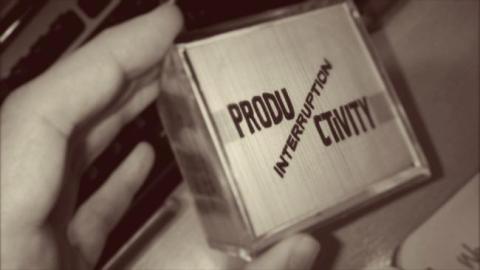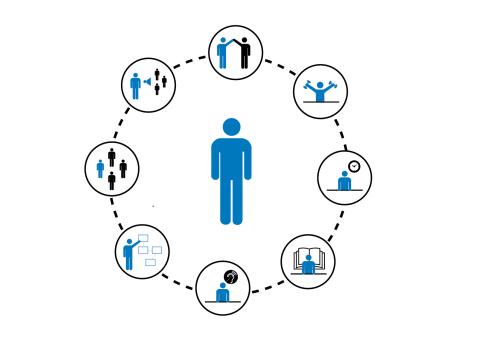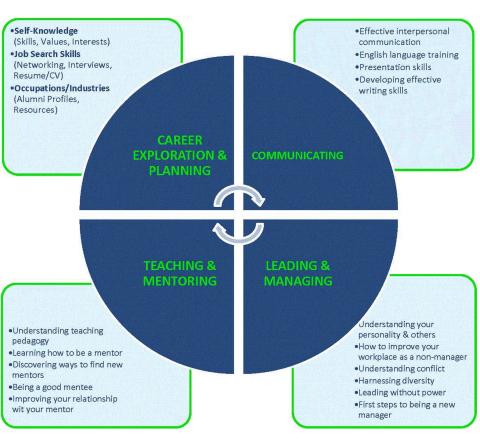If you are introverted or reserved, you may sometimes feel pressure in an extraverted world to express your thoughts and ideas even though you don’t really feel the need to share them. Each individual has their own preferences for when to engage and communicate with other people professionally and personally. You may wonder: “Why do I need to do this?” The answer is – you don’t have to do anything you don’t want to do. However, sometimes at work or at home, it will be in your best interest to share your thoughts and ideas verbally (aloud) with others.

One of the most predictable workplace variables that successful scientists can learn to control for is an unexpected work interruption. These breaks in service can range from changes in staffing and equipment malfunctions to anticipated breaks in the work due to the economy and/or inclement weather. Naturally, during such events (predictable or not), you will experience a range of reactions including awkward excitement, anxiety, fear, panic, frustration, anger or even avoidance and denial.
I arrived at NIH in October 2015. I attended the workshop “English Communication for Visiting Scientists” (ECVS) workshop in February 2016 because, as non-native speaker, I wanted to improve my communication skills. I remember that I was afraid of asking my PI to sign the written consent I needed to register for it. I soon realized how unwarranted my fear was!
The answer to this question in most instances is no; however this may seem to be the case if you are relying too heavily on your PI for this function. You must always remember, the person most responsible for your career development is the person who benefits most from it - you! Many trainees feel that their mentors are too busy and/or too important to “bother” them with their questions or thoughts. That shouldn’t be the case – they are there to help you learn and pass along their scientific knowledge to a new generation.

Traditionally, soft skills were viewed as a secondary bonus to an applicant’s technical skill set; however, in today’s extremely competitive job market, employers are looking for proof of a mix of both hard and soft skills. In fact, recruiters will view a lack of demonstrated leadership or extracurricular activities on your resume as a potential red flag.

Career assessments are valuable tools to help you during your career exploration and planning. They can be a great starting point and the results can help you think more deeply about your own personal preferences and career interests. Two formal assessments are the Myers-Briggs Type Indicator (MBTI) and the Strong Interest Inventory. To take these assessments, questions are answered online and then the results are shared and discussed during an appointment with a career counselor.


